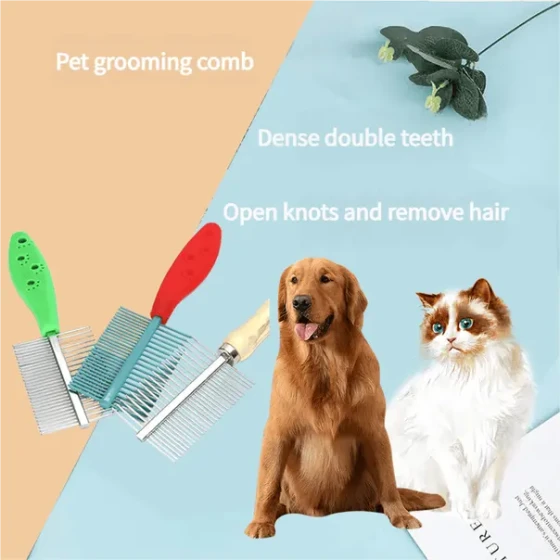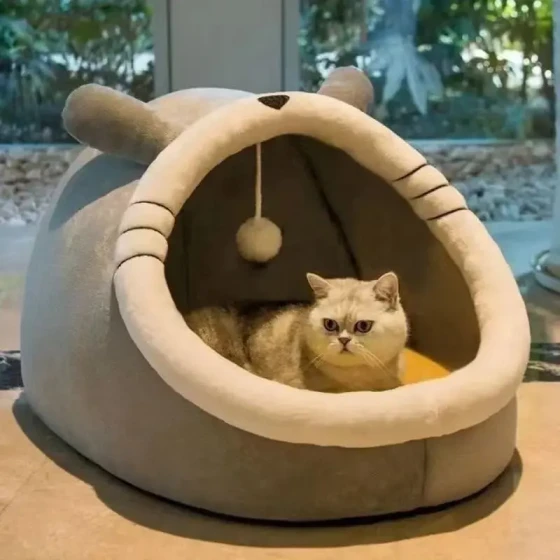Different Methods of Scolding Cats in Different Situations

Norwegian Forest Cat
Actually, cats have many things in common with humans. They are very smart, and if you pamper her, she will understand. When she is playful, she often interacts with the owner. But cats can also be picky eaters and cause trouble. So when you think she has made a mistake, don’t rush to scold; your scolding is not completely unnoticed, and she might even show a very wronged look. The most important thing is not to hit the buttocks or abdomen. Lightly tap the forehead and nose; cats understand that you are scolding her.
Kitten on the bed
Whenever she gets on the bed, lie facing her, staring at her eyes, and make a "mm..." sound in your throat. This is the kind of warning sound cats make when fighting to warn and intimidate each other.
That sound is difficult to imitate but very effective.
Then raise your hand as if to hit her; or simultaneously make a hissing sound while blowing air toward her nose.
Or extend your hand in the pose cats use to scratch each other and quickly touch and swipe her paws, nose, and head; this will definitely scare her away.
— Of course, you need to try to act like you are threatening and intimidating her (the more you simulate a mature big cat fighting for territory, the better) and must not make friendly gestures like laughing or scratching her.
Picky eating
When the cat is picky, the owner points to the food and watches her eat.
If she doesn’t eat, let her be a little hungry. If she still doesn’t eat, give her some other things she usually can eat. But at this time, don’t give her favorite food; otherwise, the owner will lose in the contest with the cat.
Mischief
Hold her and bring her to the scene of the incident, point at the item she damaged, pat her paws, and say some reproachful words.
If she causes damage again and is caught by the owner on the spot, scold her loudly.
Physical punishment can also correct bad habits in kittens, but cats will become timid and fearful. The above mental reprimand method should not be overused; otherwise, cats will become very afraid of the owner. (Source:PetsZone)



